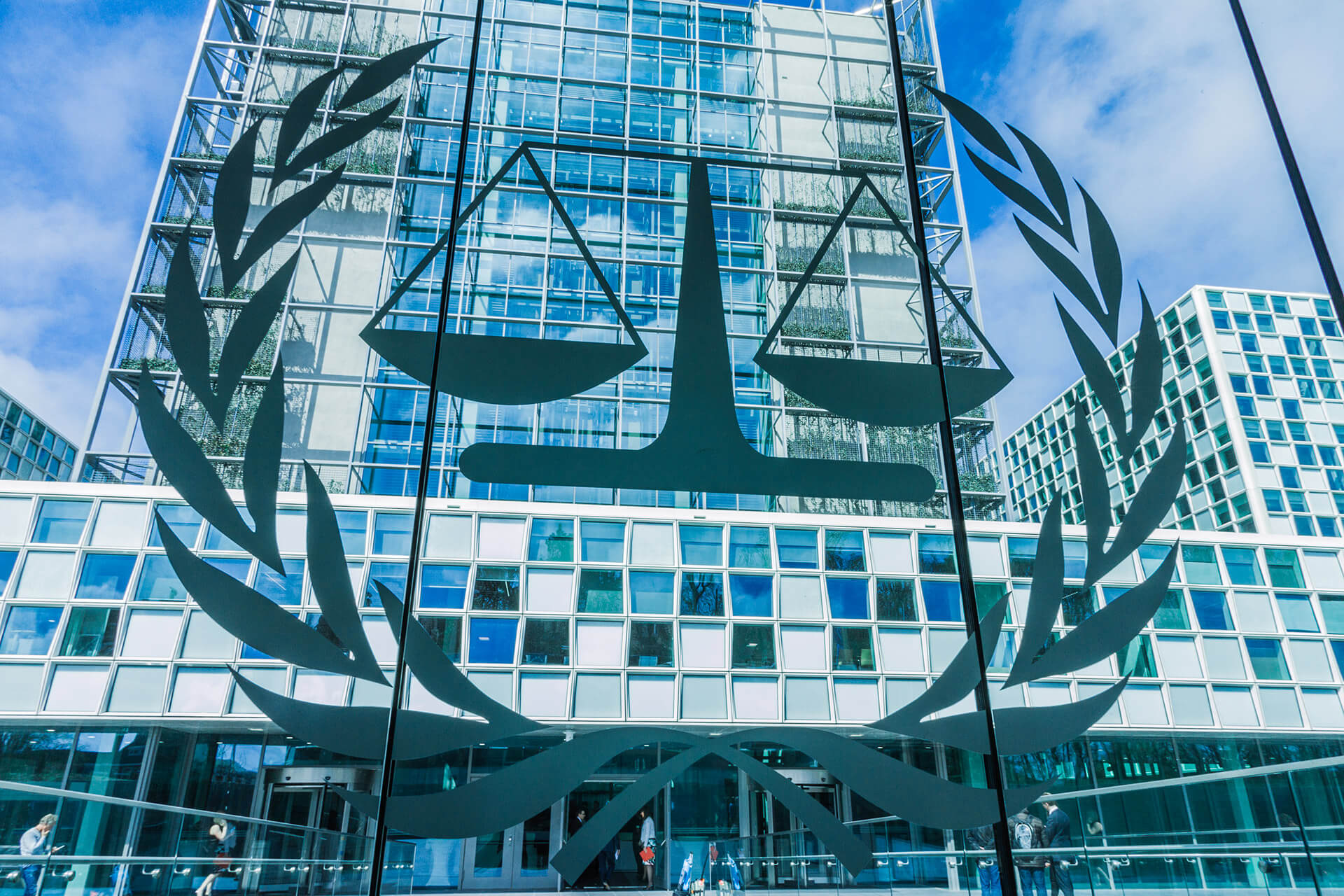St. Kitts and Nevis Accedes to the International Criminal Court, Joining 78 State Parties.
The International Criminal Court (ICC), established by the Rome Statute, stands as a cornerstone of international justice, tasked with holding perpetrators of the most heinous crimes accountable and ensuring justice for victims. Its mandate is to investigate and prosecute individuals accused of genocide, war crimes, crimes against humanity, and the crime of aggression, thereby contributing to the prevention of such atrocities. However, the ICC’s vital role has increasingly come under threat, culminating recently in unprecedented challenges to its independence and integrity. This has been underscored by the announcement of potential sanctions against the Court, its officials, staff, and those cooperating with its investigations.
Seventy-nine States Parties to the Rome Statute, including St. Kitts and Nevis, have responded to these threats with a resounding affirmation of their unwavering support for the ICC. Representing a diverse cross-regional coalition, these nations have issued a joint statement denouncing attempts to undermine the Court’s work and emphasizing its essential contribution to global peace and security. St. Kitts and Nevis, through its Permanent Representative to the United Nations, H.E. Dr. Mutryce Williams, has expressed its strong commitment to the rule of law and recognized the ICC’s crucial function in upholding the international criminal justice system. This collective stance underscores the global significance of the ICC and the broad international support it commands.
The joint statement issued by the 79 States Parties articulates a powerful defense of the ICC’s independence, impartiality, and integrity. It recognizes the Court as a vital pillar of the international justice system, underscoring its responsibility to ensure accountability for the gravest international crimes and to deliver justice for victims. The statement highlights the unprecedented nature of the challenges facing the ICC, specifically referencing the imposition of sanctions against the Court, its officials, staff, and those who cooperate with it. These sanctions are explicitly linked to the Court’s efforts to fulfill its mandate under the Rome Statute, raising serious concerns about attempts to obstruct justice and shield perpetrators from accountability.
The statement further elaborates on the detrimental consequences of such sanctions, emphasizing the heightened risk of impunity for the most serious crimes and the potential erosion of the international rule of law. This erosion, the statement argues, threatens to destabilize global order and security. Moreover, the sanctions jeopardize the confidentiality of sensitive information crucial to the Court’s investigations and endanger the safety of those involved, including victims, witnesses, and Court officials. Many of these individuals are nationals of the States Parties, further highlighting the direct impact of these sanctions on the supporting nations. The potential closure of field offices due to resource constraints resulting from sanctions is also a significant concern, potentially crippling ongoing investigations and hindering the pursuit of justice.
The States Parties, in their joint statement, express their deep regret over any attempts to undermine the ICC’s independence, integrity, and impartiality. They affirm their commitment to ensuring the Court’s business continuity, enabling it to carry out its functions effectively and independently. This commitment reflects a recognition of the ICC’s essential role in upholding international law and human rights. The statement emphasizes the collective interest in promoting accountability for international crimes and acknowledges the broad support the Court receives from both States Parties and non-States Parties, demonstrating the international community’s shared commitment to justice and accountability.
The joint statement concludes by reiterating the indispensable role of the ICC in ending impunity, promoting the rule of law, and fostering lasting respect for international law and human rights. It serves as a powerful call for the international community to uphold the principles of justice and accountability and to resist any attempts to undermine the integrity and effectiveness of the International Criminal Court. The 79 States Parties, including St. Kitts and Nevis, stand united in their defense of the ICC, recognizing that its success is crucial for the pursuit of justice, the prevention of future atrocities, and the establishment of a more just and peaceful world order. Their collective stance represents a vital affirmation of the importance of international criminal justice and a resounding rejection of impunity for the most serious crimes.
Share this content:












Post Comment